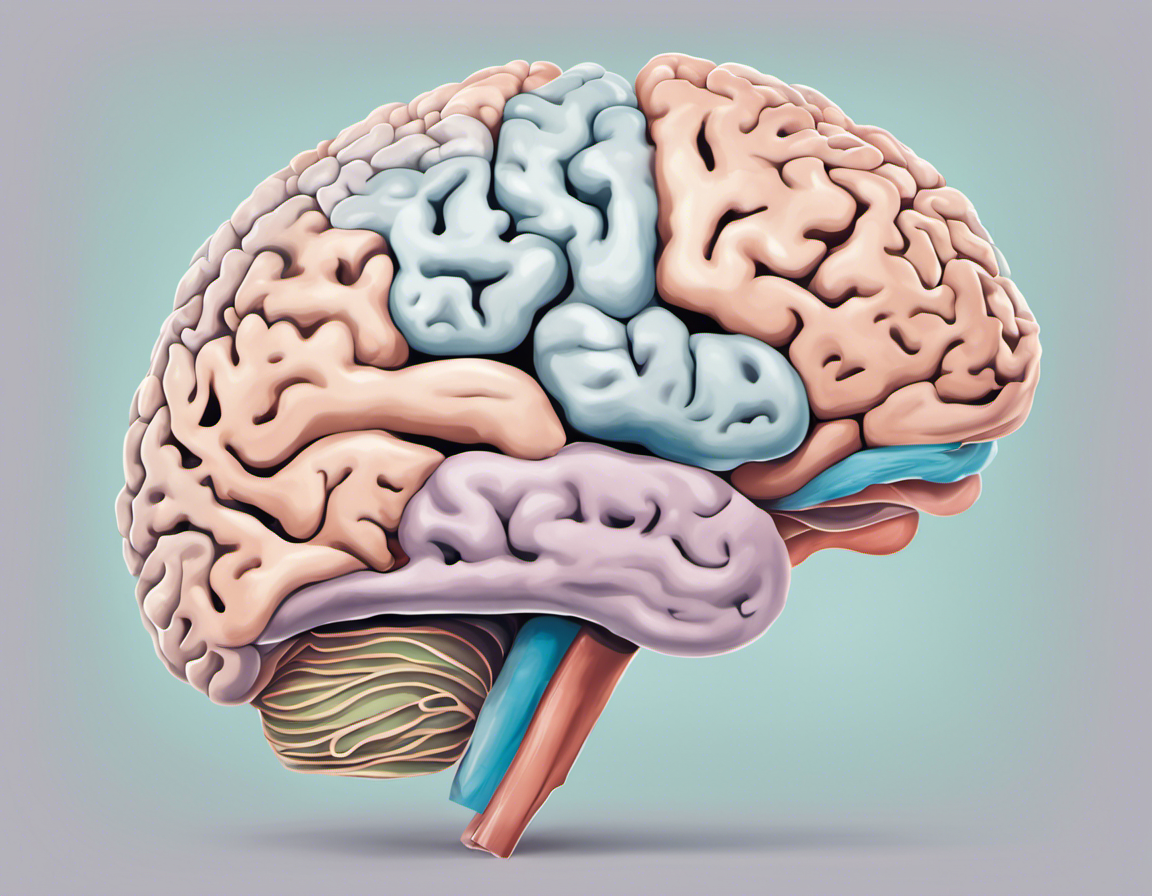Overcoming ADHD in Adults: Comprehensive Guide to Diagnosis and Management

Imagine battling an invisible, often misunderstood disorder that permeates every aspect of your life. This is the daily reality for many adults diagnosed with Attention Deficit Hyperactivity Disorder (ADHD). Recognized more often in children, ADHD remains a significant but hidden challenge for many adults. The symptoms are vast and varied, manifesting not just as impulsivity or hyperactivity but also causing difficulty with focus, organization, managing emotions, and other subtle complications that drastically impact the quality of life.
Through this article, we aim to shed light on the complex nuances of adult ADHD. We’ll explore the myriad ways these symptoms can manifest in everyday life, making identification challenging. Delving deep into the importance of managing ADHD, witness how untreated symptoms can impede an individual’s capabilities at work, personal relationships, and overall mental health.
This article will further discuss the comprehensive approach to diagnosing ADHD in adults following various methods, including psychological assessments. In our exploration of potential treatments, we’ll examine the use of medication alongside behavioral therapy and lifestyle changes – a holistic approach to management.
We also understand that no individual exists in isolation. Hence, we’ll discuss the integral role that family and friends play in supporting an individual through their ADHD journey. We aim to increase awareness about ADHD among adults so they can recognize it, seek assistance if needed, and contribute positively towards breaking mental health stigmas.
Understanding ADHD in Adults
Adult ADHD, more formally known as Attention-Deficit/Hyperactivity Disorder, is a neurodevelopmental psychiatric disorder often diagnosed in childhood but can persist into adulthood. It’s marked by continuous patterns of inattention, impulsivity, and/or hyperactivity that interfere with daily functioning or development. Understanding adult ADHD involves recognizing the symptoms, knowing how they appear in everyday life, appreciating the necessity of managing the condition, and recognizing its impact if left unmanaged.
Identifying the Symptoms
For a thorough comprehension of adult ADHD, it’s crucial to recognize its leading symptoms primarily. These usually involve persistent patterns of inattention or hyperactivity-impulsivity that are disruptive and inappropriate for the developmental level. Symptoms may include difficulty focusing on one task, trouble organizing thoughts and tasks, forgetfulness, impatience, restlessness, and impulsiveness. However, it should be stressed that these symptoms should not only be present but severe enough to cause significant impairments in work life, social settings or relationships, and other essential areas of functioning.
How ADHD Manifests in Daily Life
ADHD may display itself differently from person to person. In daily life, an individual with adult ADHD may have trouble prioritizing tasks, frequently lose items needed for tasks or activities, overlook details resulting in errors or incomplete work, and experience problems following through on instructions or obligations. They could also struggle to engage in activities that require sustained mental effort, like reading a book or completing paperwork. In conversations, someone with ADHD could interrupt others or find waiting for their turn to talk challenging.
The Importance of ADHD Management:
ADHD management is two-fold: it enhances an individual’s capacity to minimize the disorder’s symptoms and mitigates the negative implications that may arise from untreated ADHD. By correctly identifying and managing ADHD symptoms, one can improve their overall functioning across multiple domains such as interpersonal relationships, employment productivity and job satisfaction, self-esteem, and overall psychological well-being.
How Unmanaged ADHD Affects Quality of Life
If left unmanaged, the impact of ADHD on a person’s life can be severe. Unchecked ADHD symptoms can cause challenges affecting work performance, relationships, and mental health. For instance, forgetfulness or lack of organizational skills can lead to underperformance at work or cause strain in personal relationships. Moreover, untreated ADHD also puts individuals at a higher risk for other mental health conditions, such as anxiety and depression. As such, it is crucial to build awareness around ADHD and work towards reducing the stigmas associated with mental health disorders.
Diagnosis and Treatment of ADHD in Adults
This section unravels the intricate process of diagnosing Adult Attention Deficit Hyperactivity Disorder (ADHD) and discusses varied treatment alternatives. Covering ground from initial suspicion to confirmed diagnosis, it offers a glimpse into the multifaceted journey of an individual navigating the maze of adult ADHD. It also discusses effective treatment methods, outlining the significance of customized treatment plans for better managing the disorder.
Different Methods of Diagnosis
When suspecting ADHD, healthcare providers use various diagnostic methods to confirm their inferences. This subsection sheds light on these varying techniques, explicating how each contributes to forming a comprehensive understanding of the patient’s mental health landscape.
Role of Psychological Assessments
Psychological tests play a crucial part in deciphering the complexity of adult ADHD. This subsection underlines the significance of these assessments in identifying prevalent symptoms, ruling out other conditions, and establishing the extent of impairment.
Potential Treatment Options
Once ADHD is confirmed, a range of treatment possibilities opens up. This segment elucidates available treatment alternatives, explaining how these may be tailor-fit to suit individual patient needs depending on severity, co-existing conditions, and personal preferences.
Using Medication for ADHD Management
Medication forms an essential part of most ADHD management plans. This subsection elaborates on commonly prescribed medications, discussing their intended effects, potential side effects, and importance in relieving symptoms for better daily functionality.
Behavioral Therapy and Lifestyle Changes
Besides medications, non-pharmaceutical interventions also have a significant role in managing ADHD. This subsection details how behavioral therapies aid patients in developing healthier coping mechanisms and explains why lifestyle modifications may provide additional support.
The Role of Support Systems in Treatment
Offering insights into social factors influencing ADHD management strategies, this section highlights the vital role played by support systems. It emphasizes how environmental factors can either exacerbate or mitigate symptoms and underscores the importance of leveraging support for improved treatment outcomes.
Importance of Family and Friends Understanding ADHD
The path to managing ADHD is not trodden alone, but with family and friends. This subsection discusses how their understanding and support can make a world of difference in empowering individuals to live positively despite the challenges posed by ADHD. It maintains that advocacy and empathetic support go a long way in ensuring the individual does not feel alienated or misunderstood.
Conclusion
Many of us view ADHD as a childhood disorder, but it’s crucial to acknowledge that it can follow us into adulthood, dramatically impacting our lives. Diagnosing adult ADHD is multifaceted, relying not only on identifying symptoms but also on evaluating psychological and functional impairment. Effective treatment involves a nuanced blend of pharmaceutical intervention, behavioral therapy, and lifestyle modifications. Most importantly, the embrace and understanding of loved ones amount to a resilient support system that can ease everyday challenges.
Yet, there is much we have yet to understand about this condition. Therefore, I encourage you to delve more into adult ADHD and equip yourself with knowledge. We can work together to diminish stigma and champion better management strategies by doing so. Always remember, in the journey of navigating through adult ADHD, you are not alone. Every effort counts towards overcoming this challenge, so let’s continue the exploration and conversation.




Comments